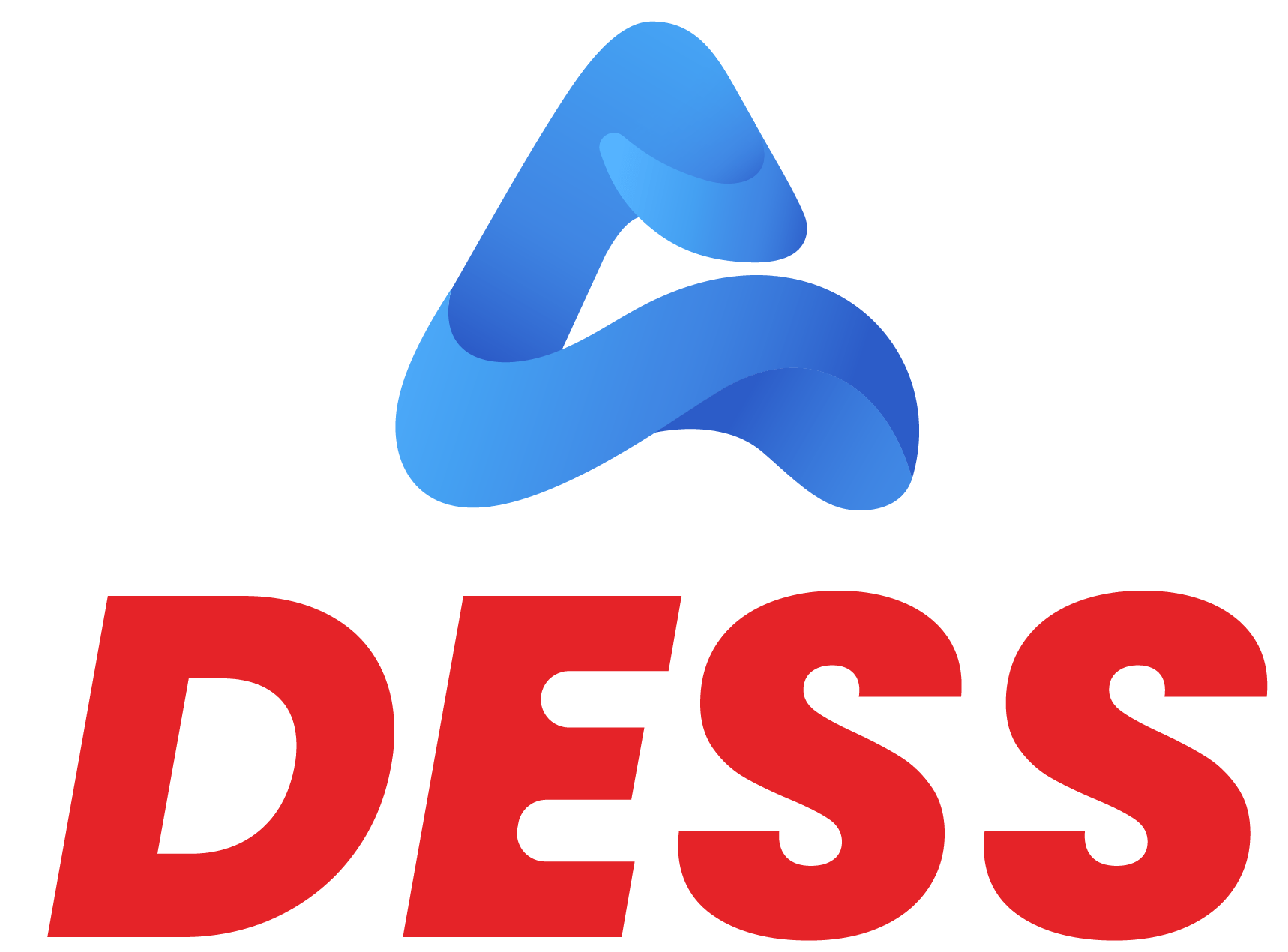What is the Board of Directors?
For publicly listed companies as well as for some non-governmental organizations, non-profit organizations, and private companies, the Board of Directors are the leadership of an organization responsible for ascertaining overall strategy, and direction and supervising management.
These Board of Directors consist of senior leadership members who convene on a regular basis and function in compliance with relevant regulations. While it is mandatory for most publicly listed companies to maintain a Board of Directors, various private corporations and non-profits also maintain a Board for disparate reasons such as better governance and credibility.
Introduction:
Board members, be it directors having decades of experience or a newly appointed director, tend to face a number of pivotal situations as they begin to serve on the board. Directors and CXOs are required to collectively decide the direction of the organization for different matters while facing varied challenges.
Such challenges can include understanding the changing landscape of corporate governance, implementing new trends such as ESG, developing the skills necessary for effective boardroom decision-making, and getting up to speed with the legal and regulatory framework that governs board operations. Additionally, board members must be able to work effectively with executive management, internal auditors and external auditors, subject matter experts, and C-level executives including the CFO, and COO among others.
Adapting to different management styles and corporate cultures are also some traits expected in an efficient Board Director. Similar to the growth of artificial intelligence and machine learning, Board Directors must be able to keep up with the rapid pace of other technological advancements and stay on top of industry trends and innovations.
Emerging Roles for Board of Directors:
1. Subject matter expertise:
Board members require experience and institutional knowledge, especially in the age of technology and information. Subject matter expertise related to the nature of their organization can make it easier for them to contribute to strategic decision-making effectively. Hence, directors can excel in establishing their vision and asserting their opinions within the boardroom even if they are not in consensus with other directors in a particular situation.
With easier than ever access to specific information, board directors can also educate themselves to have a pertinent understanding of governance and regulatory issues, especially the areas related to board governance, as well as gain abilities to spot potential opportunities and risks.
To address the educational and awareness needs of directors, many securities regulators around the world including SEC (US), SEBI (India), and BaFIN (Germany) have made it mandatory to provide an introduction or a familiarization program to directors. Independently, many institutes including Stanford GSB, INSEAD, and Harvard Business School in addition to organizations such as IOD and IFC run programs on providing board members with mentoring and training opportunities.
2. Finding consensus:
Board governance can be said to be effective when it includes healthy and constructive debates between board members which result in filtered decisions that are most optimum for the organization. With different board directors having expertise in different areas, varying perspectives and priorities can frequently come to the table.
A board is most productive when it can find consensus even in the most complex matters by avoiding stagnation, deferment, and inefficiency. The ability to resolve complexities and maintain standards of compliance and corporate governance is even more important for publicly listed boards as they face greater accountability from shareholders, regulators, and the public.
3. Corporate Governance:
With frequent developments in policies by regulators, stock markets, governments, and industries, board directors must ensure that their organization’s corporate governance practices are up-to-date, compliant, and effective. This includes understanding the latest developments in corporate governance, such as ESG, the impact of global events such as the WEF Global Summit, UNCTAD Conferences, and UN Climate Change Conferences (COP), latest changes in board diversity, the board size, and board compensation.
Additionally, Directors are required to have a thorough understanding of the organization’s risk management policies and business continuity processes among other critical areas. These efforts help board directors to assess and monitor risk exposure and ensure that the organization has adequate resources to not only meet but also excel in managing all critical areas thereby contributing to the corporate governance standards.
4. Promoting board diversity:
Although companies are increasingly focused on creating a diverse and inclusive boardroom, a recent study by Deloitte established that only 31 percent of the board of directors of Fortune 500 organizations are women. This number dips further for minorities when racial metrics are taken into consideration. The benefit of board diversity is that it helps to introduce unique perspectives to the discussions of board governance and its decision-making process. Board diversity also raises the standard and objectivity of decision-making.
By implementing a wider range of problem-solving techniques, it encourages innovation, creativity, and a better comprehension of stakeholder insights. Therefore, by contributing to board diversity, a board director can help reduce stereotypes formed on the basis of age, gender, race, or other factors and make a board more credible and competent.
5. Utilizing Technology:
An important change in Board members’ roles is the evolving impact of technology. This is particularly unique because changes in technology are not only affecting the operational roles of board directors but also have a regulatory impact. Various board governance activities such as compliance, action tracking, agenda management, calendars, voting, and digital signatures, video conferencing, audit, and reporting are now happening through technology. For instance, the Securities and Exchanges Commission (US) released its latest strategic roadmap for the next four years. It involves innovation in various areas including making renewed efforts on using “cutting-edge data analysis” and artificial intelligence and machine learning to make disclosures and reporting more systematic.
Hence, an emerging role of a board director is to stay up-to-date on the latest technology affecting their organization’s operations as well as changing regulations. With intelligent use of technology, a board director can add significant value to board management operations which eventually reflects in shareholder value. Technology provides tools to make decisions and to better understand the business landscape. A solution like Dess Digital Meetings can help new board members with board management activities.
The Dess Advantage:
Dess Digital Meetings is the complete board portal solution software that provides an integrated board meetings solution with paperless meetings, agenda management, minutes management, note taking tool, digital signature, board and performance evaluation, workflow management as well as an in-built and integrable video conferencing system.
The solution helps the Board of Directors and Management Teams of all age groups to collaborate efficiently and achieve more productive board meetings. The solution also provides flexible modules for action-taken reports, and compliance, among other end-to-end activities, with consistent 24×7 support. The solution also works cross-platform on iOS, Android, and Windows among other platforms, and is compatible with all major devices including laptops, smartphones, tablets, and computers among others.
With comprehensive archival of meeting records and preservation, calendar integration, and the creation, and distribution of meeting notices, among other features, the Dess Board Portal is a step towards optimum corporate governance.
Conclusion:
The hallmark of a competent board is that it speaks in a unified voice. This unified voice comes from clarity in the roles of well-qualified directors who work in unison for proactive management of board operations. To achieve and maintain such competence, the challenges in the emerging role of the Board of Directors need to be overcome with a holistic approach involving the right tools, the right support, and unified goals. It is important for organizations to provide training and development opportunities for these emerging roles to help create a supportive and inclusive culture within the boardroom.
To know more, visit: https://www.dess.digital/ or write to [email protected]



